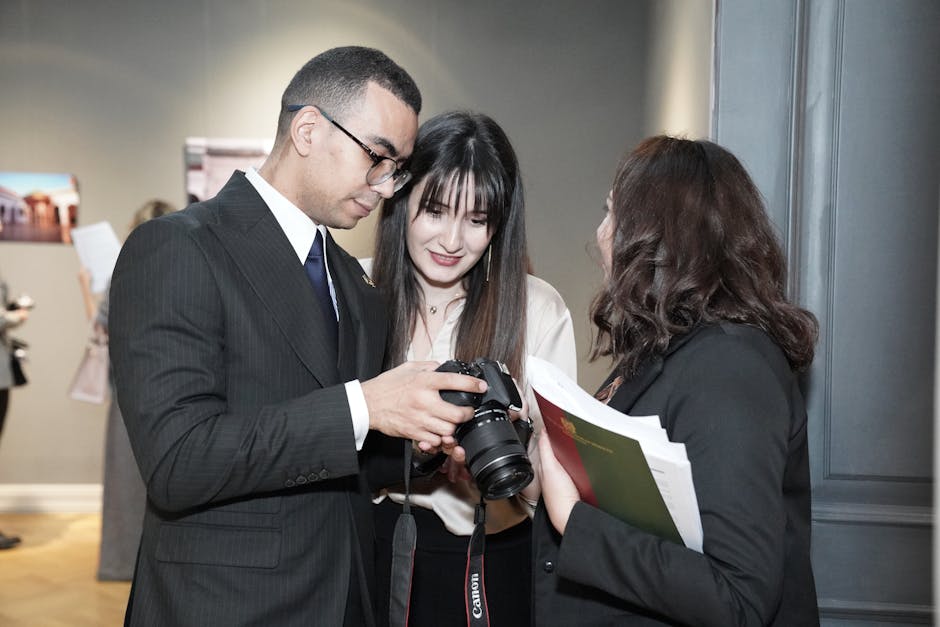
Developing Social Skills Through Art-Focused Interventions
Social skills are essential for building meaningful relationships and functioning effectively within society. One innovative approach to fostering these skills is through art-focused interventions. By engaging in creative activities, individuals can improve communication, empathy, and cooperation in a supportive environment.
Understanding Art-Focused Interventions
Art-based interventions involve using various art forms such as visual arts, music, dance, and drama to promote social development. These methods are particularly effective because they allow participants to express themselves non-verbally and explore their emotions, which can be especially beneficial for those with social anxieties or communication challenges.
Benefits of Using Art to Develop Social Skills
- Enhances Communication: Art activities encourage participants to share their thoughts and feelings, fostering verbal and non-verbal communication skills.
- Builds Empathy: Collaborative art projects help individuals understand others' perspectives and develop empathy.
- Supports Emotional Regulation: Creative expression provides an outlet for emotions, reducing frustration and promoting emotional awareness.
- Encourages Teamwork: Group art projects require cooperation, negotiation, and active listening, enhancing social collaboration skills.
Implementing Art-Focused Interventions
Implementing these interventions involves structured activities facilitated by trained professionals. Examples include group mural projects, drama interventions to act out social scenarios, or music sessions aimed at improving team cohesion. For practical guidance, visit our implementation strategies page.
Real-World Examples and Success Stories
Schools, clinics, and community centers worldwide are successfully integrating art-focused interventions into their programs. For instance, a recent study highlighted how art therapy sessions significantly improved social interaction among children with autism. To learn more, check out our success stories.
Overall, incorporating art-based interventions offers a creative and effective pathway to developing vital social skills. Whether through individual therapy or group activities, art can serve as a powerful tool for social growth.
